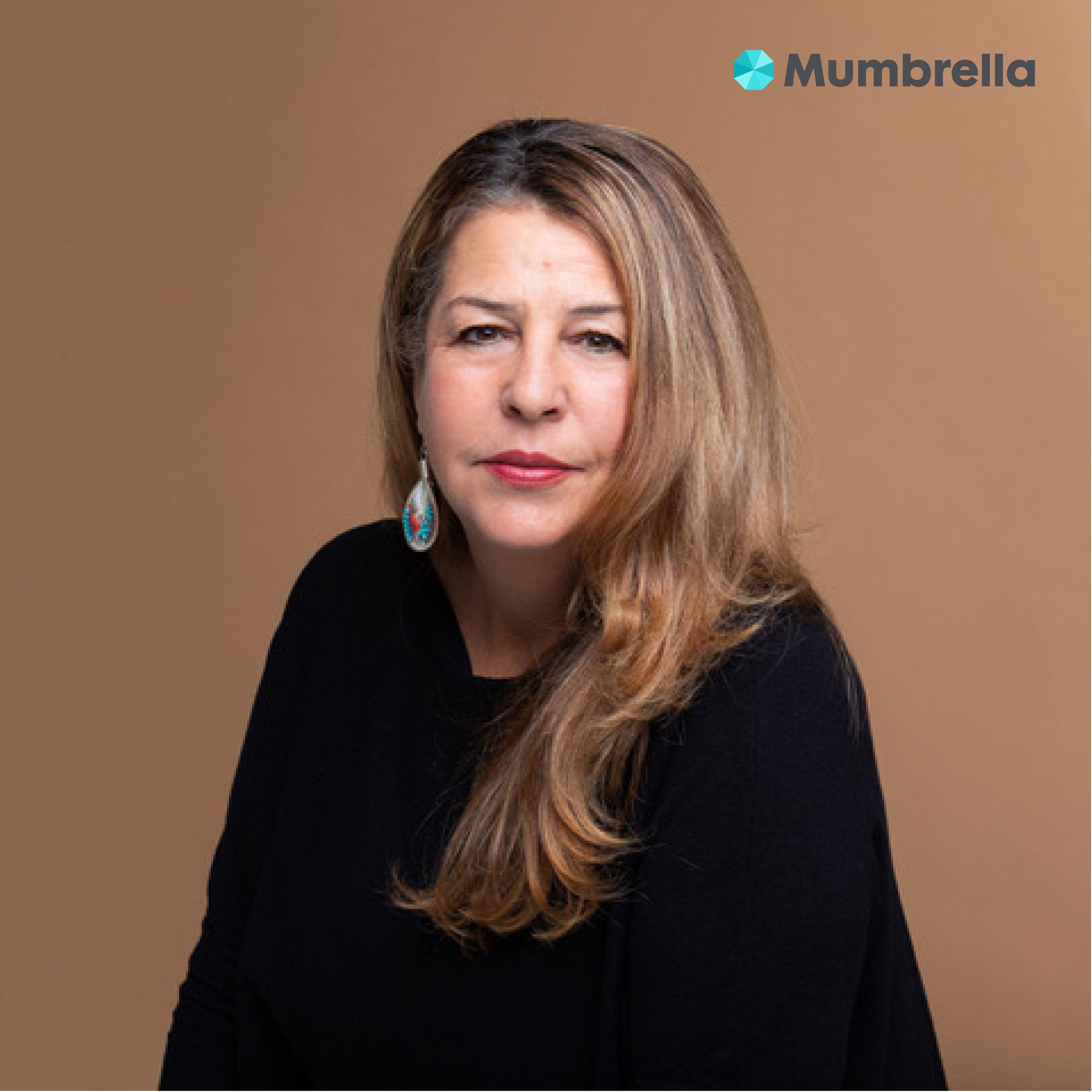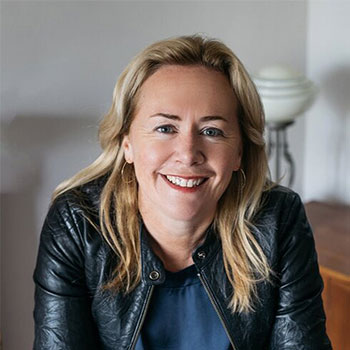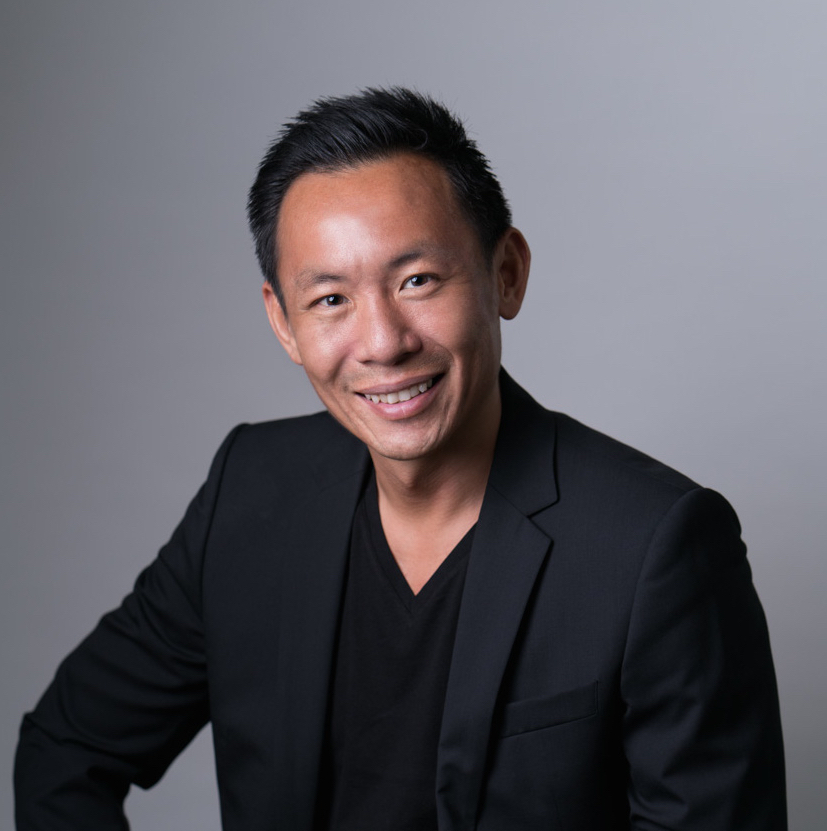
In Conversation with Fiona Finn

Where do you work and what do you do?
I found out later than most that I love teaching. I was 42 when I returned to RMIT after 22 years in the industry. I’ve always loved making things but when I started teaching, I realised that my core talents are actually ‘people centric’. It is a delight to watch our students flourish over the three years of their undergraduate degree.
I’m the Industry Fellow (advertising) at RMIT university. I’m an art director by trade and my role as a lecturer and researcher is to teach advertising students a variety of subjects that are closely linked to industry. My subjects include Creative Advertising, Art direction, Industry Practice, Capstone and Advanced Creative Advertising.
I’m also enrolled in a higher degree by research. My aim is to drive change in advertising pedagogy to incorporate a gender transformative perspective. My research and teaching places a strong emphasis on experiential learning, enabling students to engage with complex real-world problems facing the advertising industry particularly as it relates to gender representations.
What changes have you seen in the Advertising industry since starting out? The good, the bad and the ugly.
I graduated from RMIT in 1992. I was twenty when I landed my first job on St Kilda road and I was tasked with designing catalogues. Advertising back then was different but in some ways it hasn’t changed. The ratio of women in creative departments was much the same (there were very few of us). And for me the easiest way to survive was to pretend to be ‘one of the boys’. I have three brothers so it was an easy game for me, but I couldn’t help but feel that I wasn’t welcome.
I transitioned into big media in 1998 when I landed a job at the Herald Sun and after three years I moved to Fairfax and The Sydney Morning Herald. I absolutely loved the Herald. I loved the news and the pace. The people were fantastic and there was a strong sense that we were doing something important. As an art director I went to a lot of shoots with famous people and we always had a tiny amount of time to get everything right. I didn’t realise it then, but my people skills were my emerging superpower. I could charm Russell Crowe into behaving for five seconds when no one else could!
Over the years I’ve seen a lot of technological change, but I’ve also seen one emerging theme; a good story can transcend any type of media. And while the media has changed, the power of a good image and a great story is what captures an audience. Throughout my career I’ve made ads and magazines and newspapers and books, and websites and every type of wine label/wedding invite you can imagine. I love the craft, but I love the teamwork more. Employing and managing large teams of photographers, illustrators, stylists, designers and directors is a fantastic way to make a living.
What do you think it takes to stay relevant in todays Advertsing world?
We all need to stay ahead of the tech and that means keeping your hands on the tools. Advertising is a young person’s industry and to stay relevant you need to keep up to date with the latest trends. I’m a prolific reader and I check several news sites every day. I believe social media use is a MUST but that we should all apply critical thinking. There is a real danger of getting stuck in a like-minded echo chamber if you never step outside your own feed. And you can’t produce good communications in a vacuum. Advertising practitioners need to be able to empathise with all sorts of target audiences. The best way to do that is to do your research and ask a lot of questions. Once again, a genuine love of people is really helpful.
What would your advice be to someone wanting to break into the Advertising industry now?
I’m sure some of my former students who might read this will have heard this from me before: always back yourself. Listen carefully. Have a go at things and ask for help when you get stuck. You aren’t supposed to be perfect when you are a junior. We are all still learning.
Be flexible about how you start out. There are so many stories about people taking a job (any job) in an agency and working their way into the perfect role. Follow your gut instincts and always move towards the people that are going to build you up. You will need to work hard… very hard but I think that’s true of all careers. When you love the craft and the people you work with your career becomes a joy. If you are watching the clock or unable to be yourself then you are in the wrong place. Move on.
One more thing: Reply to all your emails. Be polite. Our professional social skills as humans are on the decline. I blame text messages! It’s so easy to ignore a text. So, don’t. Be human and be a little old-fashioned in the way that you interact with the industry. I’m sure Sally will agree with me on this one.
Where do you see education heading in Advertising in 2021 and beyond?
At the end of 2020 I was lucky enough to win two Dean’s awards for ‘integrated scholarship praxis’ and ‘innovation’. The first award was for ‘leadership in encouraging students to take risks and step outside their comfort zones into a safe space of shared enquiry’. In a funny way that highlighted for me what I do best and also the direction we should be moving into as creative practitioners at RMIT. The Covid 19 economic downturn has been particularly devastating for the Advertising industry. This has presented two serious challenges for educators. How do you prepare students for the toughest job market in over a decade? And how do you deliver meaningful industry experiences when the industry itself is shrinking?
We have a fabulous Industry Advisory Committee, and we were able to pivot and design our curriculum and industry briefs around their predictions. In the second semester of 2020 our students worked on live briefs with agency partners (Cummins & Partners, TWBA, Facebook, VMLY&R and VERSA). The students adapted quickly to working online and the work they produced impressed our industry contacts. As a result, various teams have had their ideas developed further within agencies and have entered into internships.
Overall, my prediction is that advertising and advertising education will become more nimble, more ethical and more diverse and that’s exciting!
Share it around…






